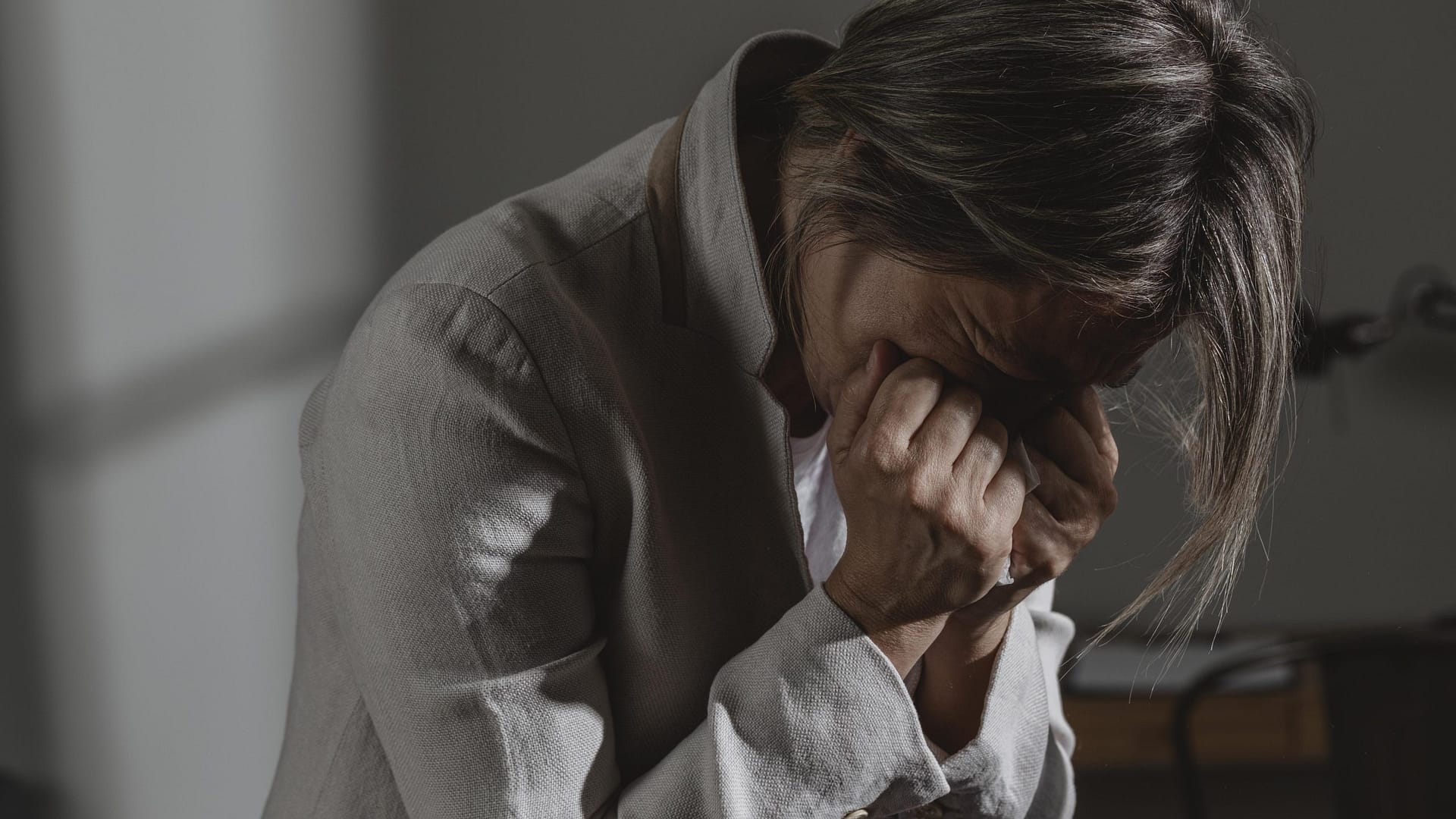Depression is a complicated and multi-faceted mental health condition that impacts millions of people from around the world. It is more than simply feeling sad; it is a continuous condition that changes how we feel, think, and behave. Depression can come on slowly, through stages, until it progresses into its most intensive type. Understanding the stages of depression is helpful for patients and their family and friends to spot the early warning signs and find treatment. In this blog, we will discuss the stages of depression, the symptoms that occur for each stage of depression, and possible treatment options.
Understanding Depression?
Depression is a serious mood disorder that is characterized by ongoing feelings of sadness and lack of interest in enjoyable activities. It may also impact an individual’s thoughts and memory, as well as their eating and sleeping. Sadness or grief is a natural reaction to stress, such as losing a job or going through a divorce. Depression is just different from sadness, because it is more intense and ongoing symptoms. On the other hand sadness may be intense, but does not last for long periods of time.
Symptoms of depression
Depression can vary depending on the specific type and ranging from mild to severe of the condition. Common symptoms of depression may include consistent feelings of sadness, or worrying too much. In children and adolescents, depression may appear like irritability instead of sadness. And it is typical to lose interest in activities he or she has once enjoyed and to become easily irritated and/or frustrated. Changes in sleeping pattern and appetite may be common too, eating too much or too little leading to observable weight gain or observable decrease in weight.
Fatigue and low energy can make it even difficult to get through routine tasks, and people often report difficulties in concentration. While depression may cause headaches, stomachaches, or sexual dysfunction. People with more severe depression may be even thinking of harming themselves or even committing suicide.
Stages of Depression (Based on Severity and Duration)
Stage 1: Subtle Mood Changes
Depression often initiates in a gradual way with small changes in mood and behavior, which may go unnoticed at first. Signs of depression at the initial stage are periods of sadness, irritability, difficulty focusing, some fatigue, reduced energy, decreased motivation, or problems sleeping. Many people will think of these changes as stress or tiredness; however, if these symptoms persist for weeks or months, it may be a sign of clinical depression. The best approach to help cope with the early symptoms of depression is to practice self-care. This includes exercise, eating healthy foods, and practicing good sleep hygiene. Normal day-to-day enjoyment activities, being around others, or trying stress-management exercises such as mindfulness can also be very helpful in alleviating the symptoms of depression.
Stage 2: Mild Depression
If the early warning signs are not addressed, depression can evolve to a mild level, where the symptoms are more obvious and start to inhibit one’s ability to function in their daily life. Typical symptoms in mild-level depression are: prolonged sadness, lost interest in things, fatigue, self-doubt, occasional under-engagement socially, and a few minor adjusted experiences with appetite or weight. The symptoms, experiencing prolonged sadness particularly, can lead one to think they are just stressed, and depression at this level allows one the capacity to function, they are just enduring a battle within. Finding a structure, including gentle exercise, spending time with social connections, and journaling can all be helpful in finding peace. If these symptoms last for longer than two weeks, seeking out a depression therapist in NYC for support may be necessary to avoid becoming worse.
Stage 3: Moderate Depression
During this stage, depression begins to disrupt daily life, work, and relationships, and the symptoms become more serious and severe. Common symptoms present during this stage include continuous sadness, fatigue or low energy, difficulty concentrating or making decisions, a change in appetite health (eating too much or too little), or changes in sleep (sleeping too much or too little). Additionally, the individual may withdraw more socially and begin to feel guilty around friends, family, and/or coworkers and neglect responsibilities. Professional care (therapy or cognitive-behavioral treatment) is beneficial. Relaxation techniques or changes in lifestyle may be useful for the individual, but, without treatment, moderate depression will likely progress to a more severe stage.
Stage 4: Severe Depression
Severe depression can be an illness that cannot be cured, one that impacts an individual’s everyday life and interferes with basic tasks. Someone may experience persistent sadness, fatigue, important weight loss or weight gain, slowed thought ability, withdrawal from social activities, and/or negative thoughts of self-harm or suicidal. You may even be considering harming yourself, and there are nonjudgmental alternatives.
Stage 5: Treatment-Resistant Depression
Chronic depression occurs when symptoms persist for years and do not improve despite treatment, and it can be highly debilitating. Chronic depression generally manifests as long-lasting episodes of depression, recurrent and frequent episodes of depression, and pervasive feelings of hopelessness. For the individual with chronic depression, they can reasonably expect to experience disruptions to employment, social connectedness, and engage in unhealthy coping mechanisms for their depression such as substance use. The individual with chronic depression may meet criteria for a clinically diagnosed syndromes such as persistent depressive disorder (PDD) or treatment-resistant depression (TRD), with treatments ranging from more esoteric therapies such as electroconvulsive therapy (ECT), transcranial magnetic stimulation (TMS), or ketamine therapies utilized for chronic depression. With chronic depression, long-term and effective treatment will require ongoing psychiatric care, lifestyle and routine changes by the individual, peer support, and rebuilding the therapeutic relationship.
Conclusion
Depression has different phases that demonstrate the lack of one right way to experience this disorder. Knowing about the stages can help individuals identify early signs and symptoms. There are several options to consider reaching out for help. If you are experiencing depression, then consider seeking out depression treatment in NYC. Getting help could be the first step in your recovery. With the proper treatment, an individual will struggle less with coping with their depression, and will begin the healing process with a trained professional in their corner.






